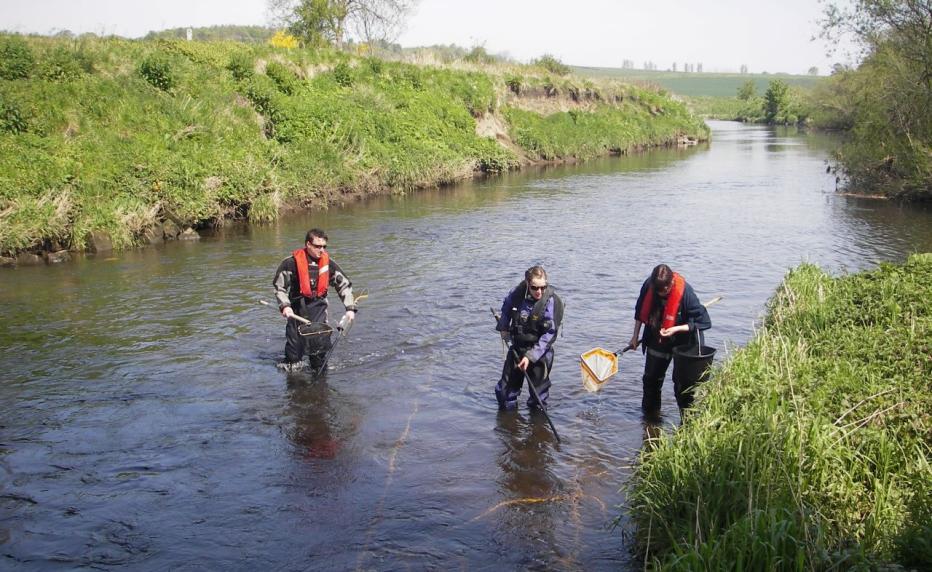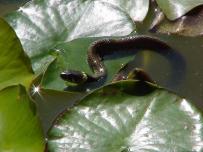
Last month, the Chartered Institute of Ecology and Environmental Management (CIEEM) published further Guidance on Ecological Survey and Assessment in the UK During the Covid-19 Outbreak as a tool to help CIEEM members carry out ecological survey and assessment, where they can do so safely, during the necessary COVID-19 restrictions.
Jacobs’ Global Biology and Ecology solutions lead, Dr Peter Gilchrist, coordinated the development of the guidance document for CIEEM and managed the drafting of the guidance by experienced ecologists in a truly collaborative team.
In some cases, Covid-19 restrictions have constrained the collection of field data during Spring 2020 (and potentially for significantly longer). So, the document provides guidance on temporary, alternative approaches to ecological survey and assessment in scenarios where site or area field surveys cannot be undertaken, or only limited survey effort is possible. The guidance looks at different approaches given the lack of field data and is designed to be updated and added to as alternative approaches for different taxa are needed due to the constraints of the field survey seasons. It prioritizes surveys most affected by seasonal constraints and has now been updated to include freshwater pearl mussel, terrestrial invertebrates and otter.

CIEEM advocate that data collection should follow relevant good practice guidance, with any departures from such guidance clearly identified, justified and agreed with stakeholders.
“Many of our projects and programs need to be informed by ecological assessments based on sufficient and appropriate data,” said Dr Gilchrist. “The CIEEM alternative approaches guidance is not designed to replace standard approaches, but identify strategies for providing information to stakeholders who must consider biodiversity and ecology in their decision making.
“By enabling information to be collected and assessed, even under the current constraints, helps keep our clients’ programs and projects on track,” he added.
Visit CIEEM for the latest developments on the guidance.












































